{{phone.Value}}
successful admissions
of students enter the university of their choice
students consult Education Index when applying for universites
successful admissions
of students enter the university of their choice
students consult Education Index when applying for universites
| Study mode | Start date | Duration | Fee international | Fee UK/ EU | Fee study period | Year of study |
|---|---|---|---|---|---|---|
| Full-time | Sep | years: 1 | £14800 | £7300 | Academic year | 2017 - 2018 |
The LLM International Trade Law degree offers all the modules traditionally made available as part of an international trade law Masters programme, such as International Sales Law, Payments and Finance in International Trade, International Carriage Law, International Commercial Arbitration, and International Competition Law. In addition, we offer several modules which are focused on specific aspects of international law such as International Banking and Finance, International Information Technology Law and Intellectual Property Law which, combined with our core modules, means that those with an interest in practising in specialist areas can gain a solid grounding.
There are few states around the world where their nationals do not engage in international trade, and for it to be carried out efficiently and profitably, it is essential that there is a predictable and clear legal framework for international traders to work within. The LLM in International Trade Law is designed to give students interested in careers in international trade or in trade-related government departments a firm introduction to both the law and practice in this challenging and complex area.
While English law remains of enormous commercial importance, considerable steps have been taken over the last two decades, at an international level, towards the harmonisation of international trade law. Although the subjects (modules) studied on the course deal with individual aspects of the law relating to international trade (for example, the law relating to international sales and the carriage of goods by sea), a full understanding cannot be gained without a firm knowledge and understanding of the international harmonisation efforts and consideration of how the subjects inter-relate. This course is specifically designed to achieve these aims.
The LLM International Trade Law is offered over one year full-time, or two years part-time. Students undertake a range of compulsory and optional modules taught by the Law School. They may also, with the consent of the Course Director, choose modules worth up to 40 credits from other postgraduate courses offered by the University.
This degree also offers an optional Research Methods Training component. Research methods training is likely to be of particular interest to students who are considering working in the following areas: Academic legal research, including study for an advanced research degree, such as an MPhil or PhD, Law reform bodies and legal pressure groups, for example the Law Commission or Liberty, International organisations with a policy research focus, such as OECD, The World Bank.




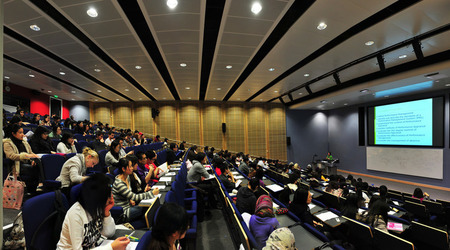

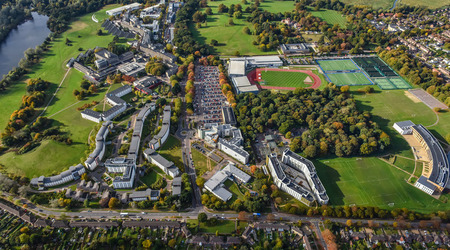

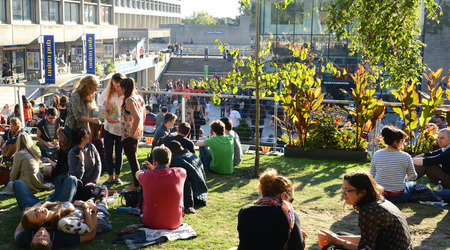
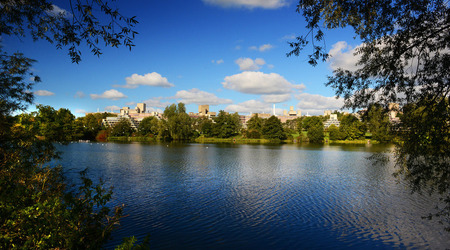



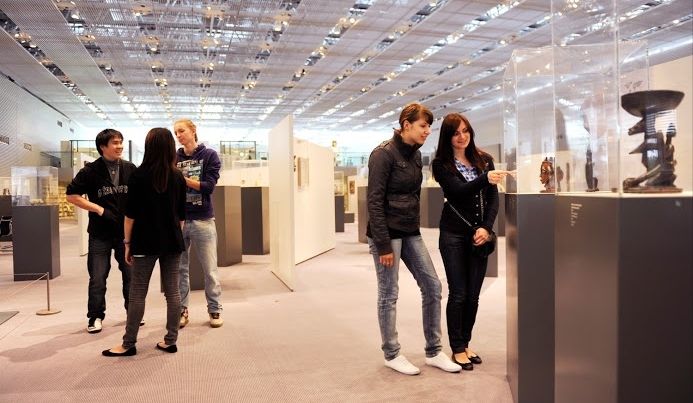


The University of East Anglia is based in the vibrant city of Norwich, located in the east of England. The city is less than two hours by train from London and is a unique blend of historic English architecture and modern design, which creates a dynamic and unforgettable atmosphere.
Norwich is home to eight theatres, five museums, four cinemas, two cathedrals, four music venues and a castle. There are 300 pubs, restaurants and bars,1500 historic buildings as well as modern developments such as The Forum, which is the home of the regional BBC studio and the award-winning Millennium Library.
As a base for exploring Britain, Norwich is just a short journey from Cambridge and other key cities with coaches and trains conveniently connecting you with the rest of the UK. International students are also able to take advantage of Norwich International Airport which is conveniently located 15 minutes from campus.